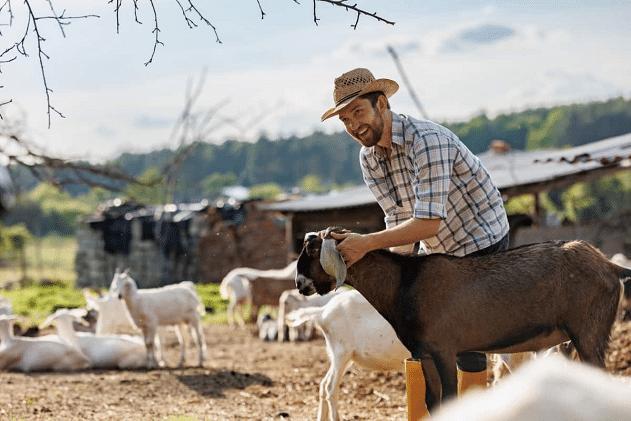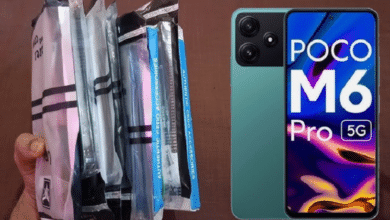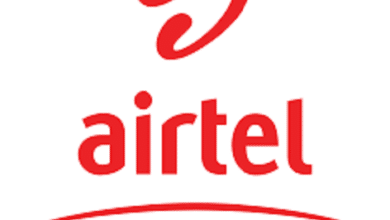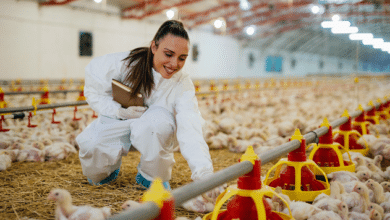Goat Farming Business Plan: A Comprehensive Guide for Success

Goat Farming Business Plan is a profitable and sustainable business that provides a steady income for farmers worldwide. Whether you are starting small or planning a large-scale farm, a well-structured business plan is essential for success. This guide covers everything you need to know about starting and managing a profitable goat farming business.
Why Invest in Goat Farming?
Goat farming is an excellent business choice due to its high profitability, low maintenance costs, and rising demand for goat meat, milk, and by-products. The global market for goat meat and dairy products continues to expand, making this a lucrative opportunity for new and experienced farmers.
Key Benefits of Goat Farming:
- High demand for goat meat, milk, and fiber.
- Low initial investment compared to other livestock farming.
- Goats adapt well to various climatic conditions.
- Multipurpose income sources from meat, dairy, and manure.
- High fertility rate and fast growth cycle.
Step-by-Step Goat Farming Business Plan

1. Market Research and Feasibility Study
Before starting, conduct thorough market research to understand demand, supply trends, and competitors. Identify your target market, whether local, national, or international, and determine the most profitable breed to raise.
2. Choosing the Right Goat Breed
Selecting the right breed is crucial for maximizing productivity. Here are some popular goat breeds:
Production
- Boer
- Black Bengal
- Kalahari Red
For Dairy Farming:
- Saanen
- Alpine
- Nubian
For Fiber Production:
- Cashmere
- Angora
3. Securing Land and Building Housing
Goats require proper housing to ensure their health and safety. Consider the following factors when setting up a goat farm:
- Land Selection: Choose a well-drained, spacious, and accessible location.
- Housing System: Provide adequate ventilation, shelter, and fencing.
- Space Requirements: Allocate at least 10-12 sq. ft. per goat.
- Clean Water Supply: Ensure continuous access to clean drinking water.
4. Feeding and Nutrition Management
A well-balanced diet is essential for healthy goats and high productivity.
- Green Fodder: Grass, legumes, and hay.
- Concentrate Feeds: Grains, protein supplements, and minerals.
- Salt and Minerals: Essential for bone strength and digestion.
- Water Supply: Provide fresh and clean water daily.
5. Health Management and Disease Prevention
Regular health check-ups and vaccinations are necessary to prevent diseases and ensure high productivity.
- Common Goat Diseases: PPR (Peste des Petits Ruminants), foot rot, pneumonia, and parasitic infections.
- Vaccination Schedule: Administer vaccines for major diseases as per veterinary guidelines.
- Deworming: Regular deworming to prevent parasite infestation.
- Hygiene Maintenance: Keep the farm clean to reduce the risk of infections.
6. Breeding and Reproduction Management
Efficient breeding techniques improve productivity and profitability.
- Natural Breeding: Traditional method using male goats.
- Artificial Insemination: Scientific approach for genetic improvement.
- Breeding Cycle: Ensure does (female goats) are bred at the right time for maximum offspring.
7. Marketing and Selling Your Goats
A successful goat farming business requires a strong marketing strategy.
- Direct Selling: Sell goats directly to consumers or butchers.
- Wholesale Selling: Supply to meat shops, dairy industries, or fiber producers.
- Online Platforms: Utilize social media and e-commerce websites.
- Local Markets: Participate in livestock fairs and farmer’s markets.
8. Financial Planning and Cost Estimation
Calculate initial and operational costs to ensure profitability.
- Initial Investment: Land, housing, breed purchase, feeding setup.
- Operational Costs: Veterinary expenses, labor, feeding, and marketing.
- Profit Calculation: Estimate revenue based on sales and expenses.
9. Government Support and Subsidies
Many governments offer grants and subsidies for livestock farming. Check with local agricultural departments for available schemes and financial assistance.
FAQs on Goat Farming Business
Q1. How much land is required for goat farming?
A minimum of 1 acre is sufficient for 100 goats, depending on breed size and farming system.
Q2. What is the best breed for beginners?
Boer and Black Bengal are great choices for meat production, while Saanen is ideal for dairy farming.
Q3. How profitable is goat farming?
Goat farming is highly profitable, with returns starting within 12-18 months, depending on breed and market demand.
Q4. What are the common challenges in goat farming?
Diseases, feed management, and market fluctuations are common challenges that require careful planning and management.
Q5. Can I start goat farming on a small scale?
Yes, starting with 5-10 goats is an excellent way to gain experience before scaling up.
Final Thoughts
Starting a goat farming business requires strategic planning, proper breed selection, and effective management. By following this guide, you can build a successful and profitable goat farming business. Stay informed about market trends, invest in proper health care, and use smart marketing strategies to maximize your profits.




